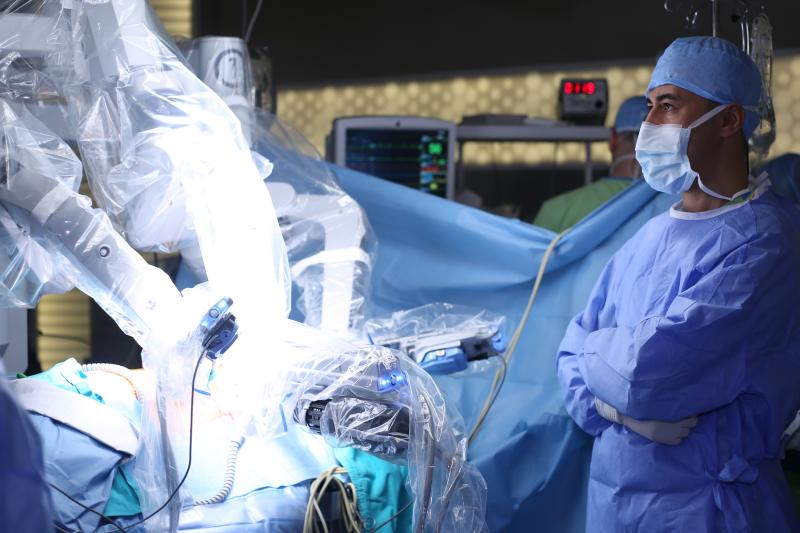
Aside from the occasional limitations in breathing and in usual activities, long-term health-related quality of life (HRQoL) in patients following chest wall reconstruction is good, a recent study has found.
Researchers enrolled 78 patients (mean age, 68.3±14.4 years; 69 percent female) who had undergone chest wall tumour resection and reconstruction and in whom HRQoL was measured using the generic 15-dimension (15D) and the European Organisation for Research and Treatment of Cancer Quality of Life Questionnaire (EORTC QLQ-C30).
The mean 15D score of the study sample was 0.878±0.111. This was not significantly different from that of age- and gender-standardized general population controls (0.891±0.041). Clinical importance thresholds were likewise not met.
However, chest wall reconstruction patients earned significantly poorer scores on the dimensions of usual activities (p=0.027) and breathing (p=0.043).
QLQ-C30 results were also good for the patients, such that the overall global health status score was 72 points. Scores in the functional scales ranged from 78 (physical function) to 91 (social function) points. Scores in these scales went from zero to 100, from worst to best.
On the other hand, results in the specific symptom scales ranged from 2 (nausea/vomiting) to 23 (fatigue) points. Scores in these domains were graded in the opposite way, from best to worst.
“The main finding of the present study is that long-term HRQoL in patients after chest wall reconstruction following oncological resection is largely comparable to that of the age- and gender-standardized general population,” said researchers. “Further prospective studies are needed to assess the true impact of oncological resection and reconstructive surgery in these rare patients.”